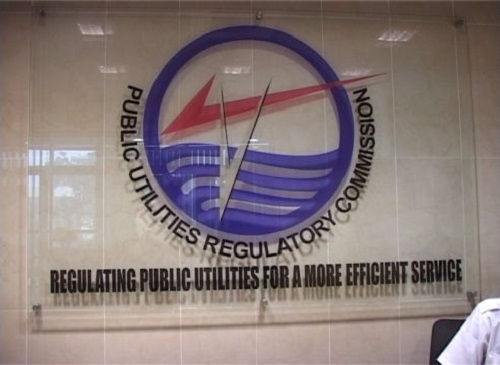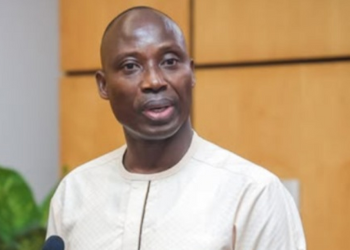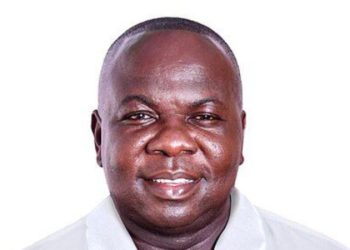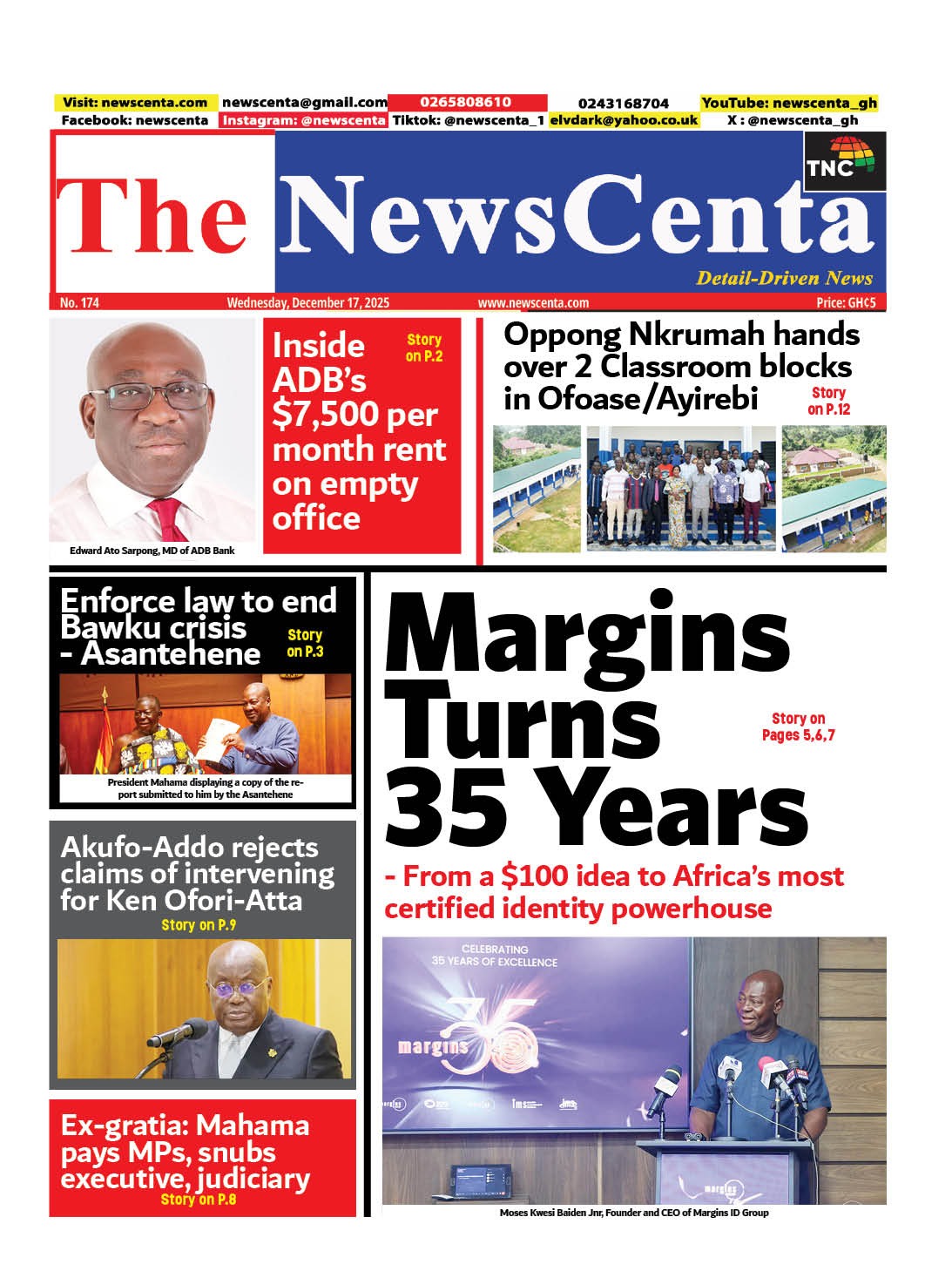Two prominent civil society organisations—CUTS International Accra and the Centre for Environmental Management and Sustainable Energy (CEMSE)—are calling on the Public Utilities Regulatory Commission (PURC) to immediately withdraw its latest electricity tariff adjustment, citing serious concerns over transparency, fairness, and economic justification.
Set to take effect from July 1, 2025, the tariff review includes a 2.43 per cent increase in electricity rates for end-users.
But the CSOs argue that the macroeconomic environment and recent financial developments rather support a reduction—not an increase—in tariffs.
Cedi gains undermine justification for hike
In a joint statement, Mr. Appiah Kusi Adomako, West Africa Regional Director for CUTS International, and Mr. Benjamin Nsiah, Executive Director of CEMSE, insisted that the PURC’s decision flies in the face of recent economic trends.
They pointed specifically to the cedi’s sharp appreciation—over 30 per cent between the first and second quarters of 2025, from GH¢15.70 to GH¢10.31 per US dollar—as a key reason why a tariff reduction was more appropriate.
“This appreciation led to excess payments by consumers in the previous quarters, creating a significant financial buffer. These funds could have been used to clear arrears or support fuel procurement, rather than imposing new costs on the consumer,” the statement read.
Inflation figures disputed
The organisations also flagged inconsistencies in the inflation data used by the PURC to justify the increase. While Ghana’s national inflation declined to 18.4 per cent, the PURC reportedly relied on a higher inflation figure of 20.67 per cent to inform its pricing calculations.
“This contradicts both the prevailing trend and the data used in earlier quarters,” the CSOs said, arguing that such discrepancies erode public confidence in the commission’s decision-making.
Gas price and arrears projections questioned
Further scrutiny was directed at the tariff’s gas pricing component. CUTS and CEMSE noted that the Weighted Average Cost of Gas (WACOG) had increased by only one per cent—a marginal change they argued could not justify any significant pricing shift.
Compounding their concerns is the unexplained Gh¢488 million arrears figure cited by PURC, which they say lacks transparency.
“This figure is difficult to reconcile with the estimated GH¢1 billion windfall that should have accrued due to the favourable exchange rate in the previous quarter,” the statement said.
Opacity in cost breakdown
The CSOs accused the PURC of failing to properly engage stakeholders or provide public simulations, cost assumptions, or procurement details related to the new pricing formula.
In particular, they questioned the introduction of new variables like fuel cost allocation and reserve margin adjustments without any supporting documentation.
“The Commission cannot continue to introduce new cost elements without full disclosure of the assumptions and methodologies backing those decisions,” the statement argued.
Burden-shifting
CUTS and CEMSE warned that the continued upward trajectory of tariffs—without addressing the long-standing structural problems of commercial and technical losses—would compromise the sustainability of Ghana’s energy sector.
“The PURC must prioritise resolving inefficiencies in the utility value chain instead of passing the burden to consumers,” the statement said.
Call for full transparency
The CSOs are demanding that PURC immediately halt the implementation of the July tariff adjustment.
They are also calling for full disclosure of all relevant assumptions, data inputs, and financial models used in arriving at the 2.43% increase.
“This is not merely a pricing issue—it’s a governance issue. Ghanaians deserve a utility pricing process that is not only economically sound but also fully transparent and participatory,” the statement concluded.











